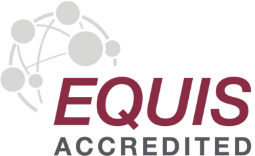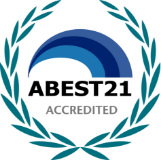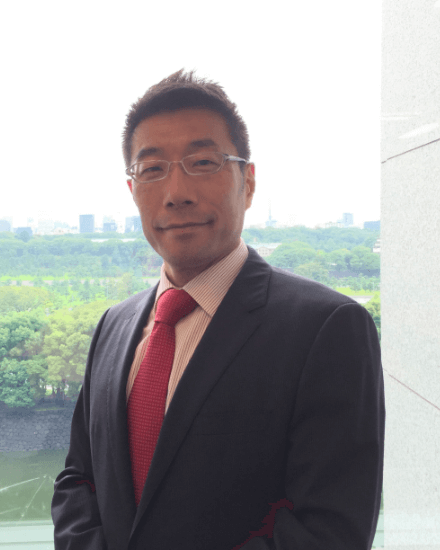Department of Management Science (Doctoral Course)
Department of Management Science (doctoral course)
* Lectures given in Japanese only
This department accepts individuals who possess a master's or professional degree and have accumulated advanced practical experience in companies and other organizations, through which they have developed knowledge and awareness of management issues. Based on this awareness, they are expected to complete a doctoral thesis within a three-year enrollment period. Through this program, we will cultivate global business leaders who can play an active role in this field by demonstrating the insights and other abilities they have cultivated through their research, which will culminate in the completion of their theses. Further, we will maintain flexibility and work with students to enable them to take courses while employed and maintaining a job elsewhere.
Three specialized areas
In this doctoral degree program, candidates receive instruction in one of three research areas to enhance their expertise and develop a comprehensive profile that will be useful in practice.
- Financial Practice Field
-
<Specific attributes to cultivate>
- Human resources who can thoroughly understand the current state of overseas markets in the finance field, analyze them from a practical perspective and based on best practices in financial securities markets, and independently design and implement finance strategies.
- Human resources who can logically explain their strategies in English to foreign experts and possess expert negotiation and resolution skills.
- Service innovation and design
-
<Specific attributes to cultivate>
- Specialized human resources who can observe, analyze, and evaluate service activities from a global perspective in response to the challenges entailed in increasing the added value of various services, which companies and public organizations currently confront given the development of the service economy, and who can build and verify their own frameworks used to create service value.
- Human resources who can explain and persuade foreign service management specialists. Furthermore, specialist human resources who can lead in a business context and innovate from a design perspective in various areas of business development.
- Project management
-
<Specific attributes to cultivate>
- Human resources with the ability to conduct theoretical and empirical analyses of management technologies used in the financing, bidding, contract management, dispute resolution, operation, and maintenance of large-scale projects in Japan and other countries.
- Human resources who can analyze the risk and governance structures of large-scale projects and implement and manage the analysis results.
- Human resources who can understand laws, customs, and socioeconomics in the target country across disciplines and to analyze the institutional infrastructure that supports project contracts from an international perspective.
Composition of subjects in the doctoral degree program
Doctoral degree students enroll in basic doctoral subjects, doctoral specialized subjects, Management Science Research Practicum, and Special Management Science Exercise as coursework.
- Basic doctoral subjects are indispensable subjects common to each research area and are taken in the first year.
- Specialized doctoral subjects are offered to ensure that students acquire knowledge of a sophisticated theoretical system related to each field and are taken in the first and second years.
- A total of eight credits must be acquired for basic doctoral subjects and specialized doctoral subjects.
- The Management Science Research Practicum involves analyzing business models and creating business case teaching materials through case study research. Students must take classes focused on this subject in their first and second years and acquire a total of four credits.
- Special Management Science Exercise is research guidance provided by supervisors and requires the acquisition of credits for I to VI (a total of 12 credits) each semester during a student’s first, second, and third years in the program.
- To advance to the subsequent year of study, students must pass a "preliminary review," in which their academic ability to prepare their doctoral thesis is assessed at the end of the first year, and a "qualification review," which is the actual preparation of their doctoral thesis, at the end of the second year.
- In this doctoral degree program, research guidance is provided by several teachers, who form research advisory and professional area guidance teams.
- The degree of Doctor of Philosophy in Management Science will be awarded to students who are enrolled for three years or more, who have acquired a total of 24 or more credits, and who have passed their doctoral thesis review.
In addition, given our expectation that this program will attract students with diverse backgrounds, those who are deemed as lacking sufficient basic academic abilities related to management science shall be obliged to enroll in basic academic ability achievement subjects in management science (Graduate School of Management basic subjects: MBA basic subjects) and shall confirm their achievements, knowledge, and abilities. No credits may be earned for these courses.




